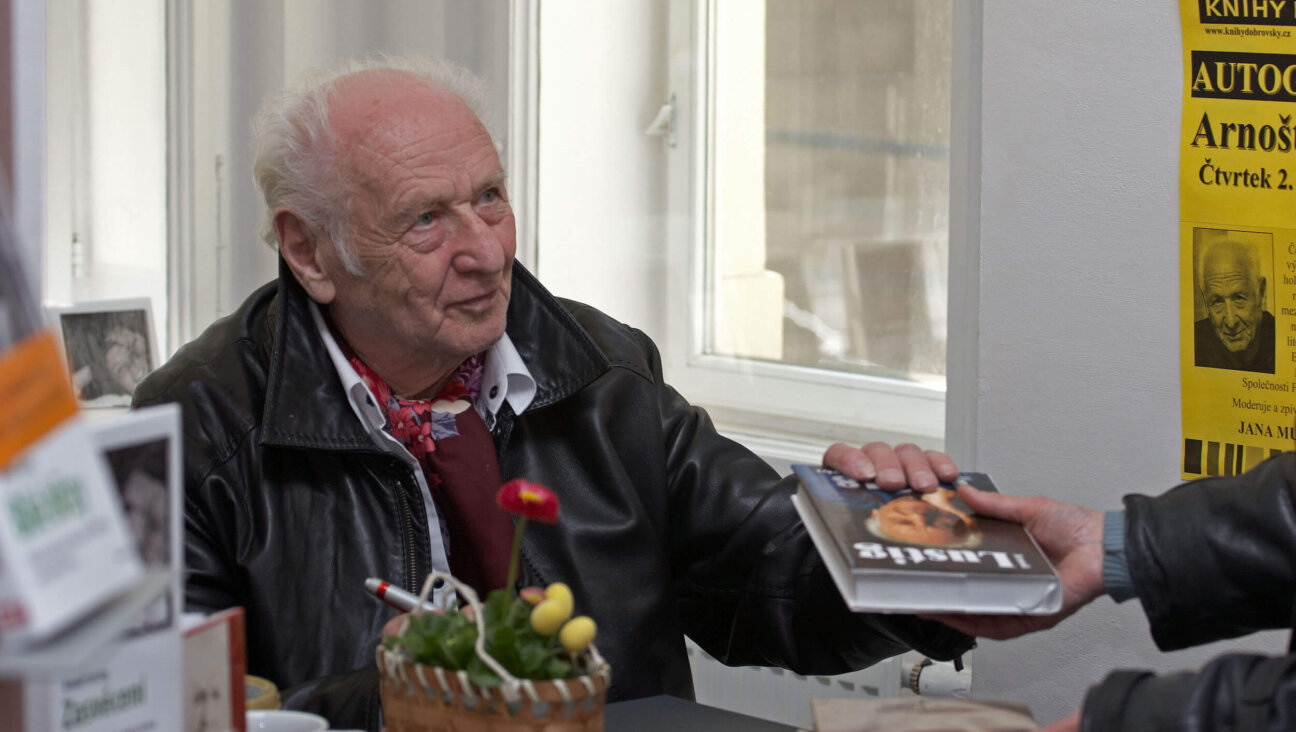The Werewolf’s Jewish Roots

Graphic by Angelie Zaslavsky
The man credited with creating the modern werewolf sometimes thought of the monster as a Jew.
“It reminds me a bit of myself,” Jewish screenwriter Curt Siodmak once said of the beast in his 1941 horror classic, “The Wolf Man,” which returns to the big screen February 12 in a remake.
A refugee to Hollywood from Nazi Germany, Siodmak did not invent the werewolf, but concocted many of the most popular elements of werewolf lore — such as the monster’s origin story and the beast’s monthly emergence during a full moon. In contrast to other movie monsters of the 1930s and ’40s, particularly Frankenstein and Dracula, the Wolf Man struggled quite consciously with his identity, a curse that caused others to view him as a threat.
“Here is a man that hasn’t sinned, and is bitten by a wolf and has a horrible fate, and wants to escape that fate,” Siodmak said in an archival interview, released February 2 on a new DVD edition of the film.
Some critics have interpreted Siodmak’s Wolf Man, with his wild urges and uncontrollable body hair, as a parable of puberty or, more broadly, of human sexuality. But others have noted plot points with a more specific historical resonance, such as the pentagram that appears on the beast’s future victims.
Siodmak “knew full well the real-world significance of people marked for death with the sign of a star,” filmmaker John Landis said, speaking in a second documentary in the film’s new special edition.
Starring Lon Chaney Jr. as the title character, and also starring Bela Lugosi and Claude Rains, the 1941 version also drew on the talents of Jewish composer Hans Salter, a refugee from Austria whose film scores would eventually be nominated for six Oscars.
The new movie, starring Academy Award winners Benicio Del Toro and Anthony Hopkins, resurrects Siodmak’s characters — as well as some of the screenwriter’s existential concerns. “Never look back,” the Hopkins character says at one point. “The past is a wilderness of horrors.”














